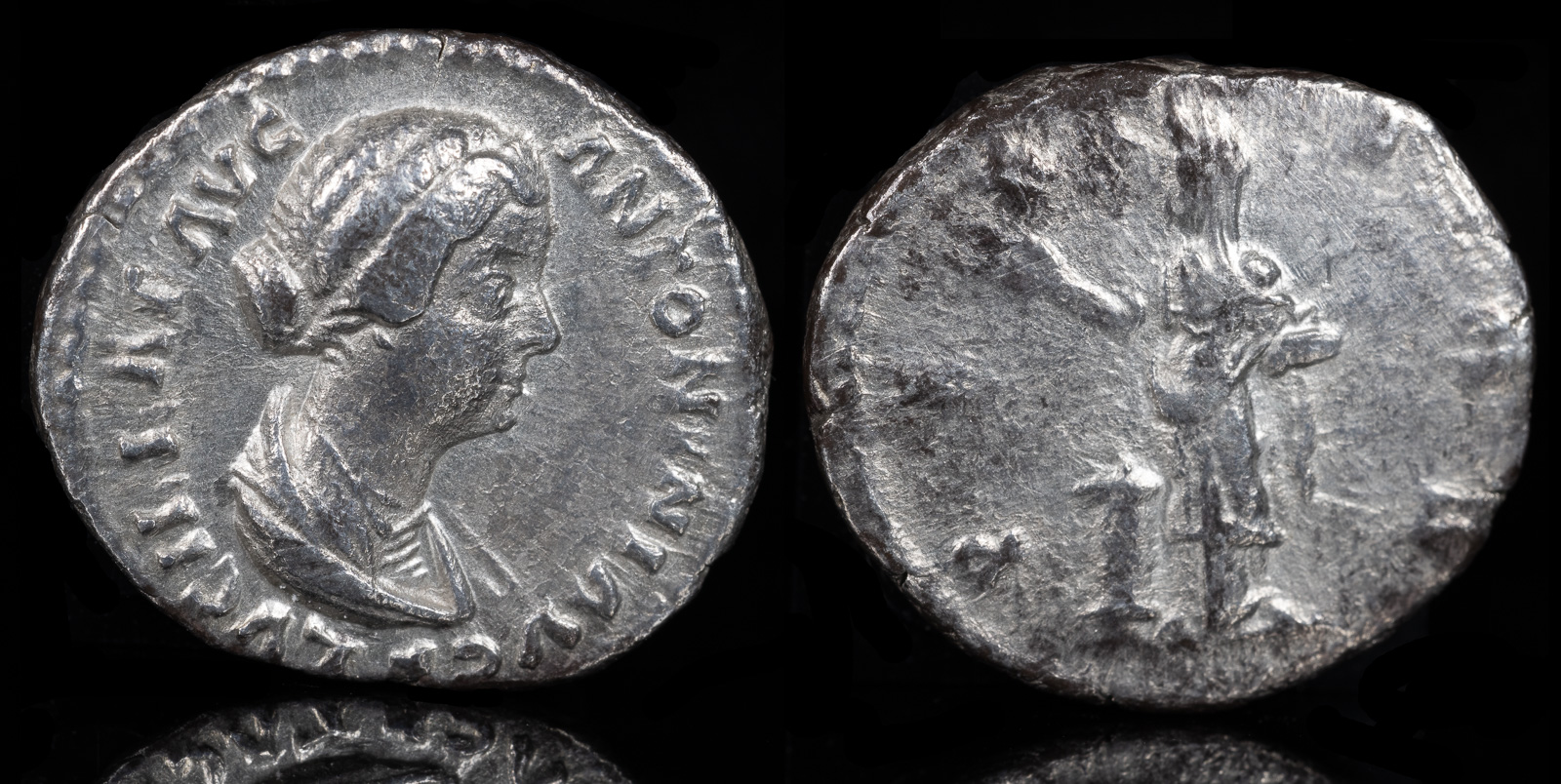Perfume
View All Tags
The process of making perfume in ancient Greece began with the extraction of essential oils and aromatic substances from flowers, herbs, spices, and resins. The most commonly used ingredients were olive oil, which served as a base, and aromatic substances like myrrh, frankincense, lavender, rose, and thyme. These ingredients were either distilled or steeped to extract their fragrances, and sometimes perfumes were created through a process of maceration, in which the ingredients were soaked in oil or wine for extended periods to infuse the liquids with their scents. The Greeks also utilized a technique of blending oils with substances such as honey, which helped to stabilize the fragrance and preserve it for longer periods.
Perfumes in ancient Greece were often highly scented and came in various forms, including oils, unguents, and balms. These products were typically applied to the skin, especially the hair, as part of daily grooming rituals. For the Greeks, fragrance was a means of expressing one’s personal care and social standing. Wealthy individuals, especially women, would wear perfumes to enhance their attractiveness and to signify their status in society. Perfumes were also used to anoint statues of gods, as part of religious rituals, and were considered a form of offering to deities, invoking their blessings and favor. The use of perfume was integral to the practice of hospitality as well, with wealthy hosts often perfuming their guests as part of an extravagant welcome.
The vessels used to store and apply perfume were as much works of art as they were functional objects. Greeks used beautifully crafted containers, often made of glass, pottery, or precious metals, to hold their perfumes. These bottles, known as “alabastrons” when made of stone or clay, were typically small and narrow, making them easy to handle and dispense the perfume. They were often decorated with intricate designs, sometimes depicting scenes of mythology or daily life, reflecting the importance of perfume in Greek culture and its connection to art and beauty.
In addition to personal use, perfumes also had therapeutic properties in Greek medicine. The physician Hippocrates and other medical practitioners prescribed scented oils for their purported benefits in treating ailments, as fragrances were believed to have both physical and psychological effects. Certain scents were thought to calm the mind, alleviate pain, or purify the body. This connection between perfume and health further solidified its place in Greek society, demonstrating the Greeks’ holistic approach to wellness, which included the body, mind, and spirit.

Lucilla (daughter of M. Aurelius)
AR Denarius. Rome, 164-180 CE
3.15g, 18mm, 6h
LVCILLAE AVG ANTONINI AVG F, draped bust to right
PIETAS, Pietas standing to left, draped and veiled, raising arm over lighted altar and holding perfume box.
RIC III 775 (Aurelius); BMCRE 317 (Aurelius and Verus); RSC 50
Ex Dr. Busso Peus Nachfolger